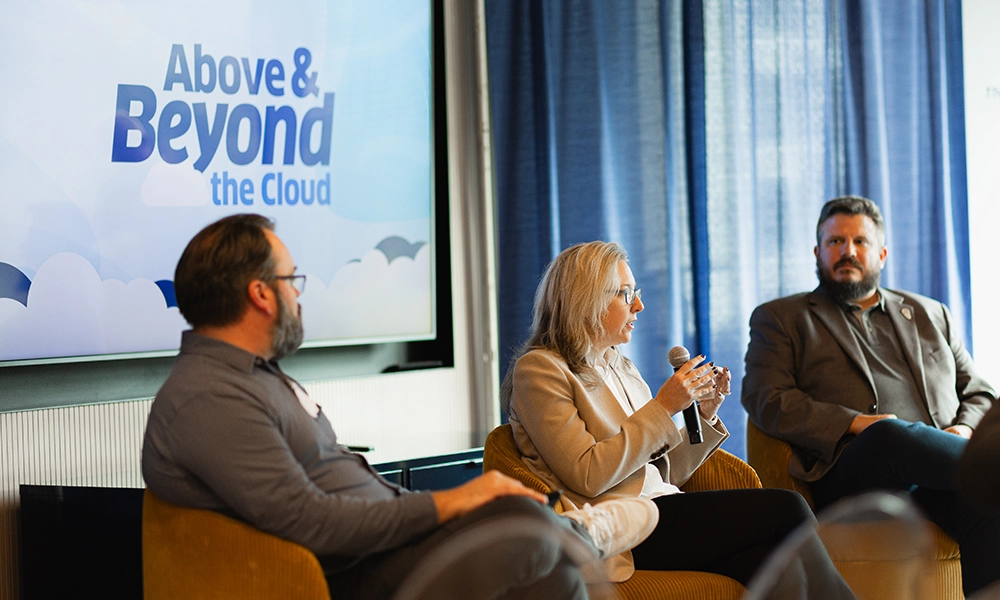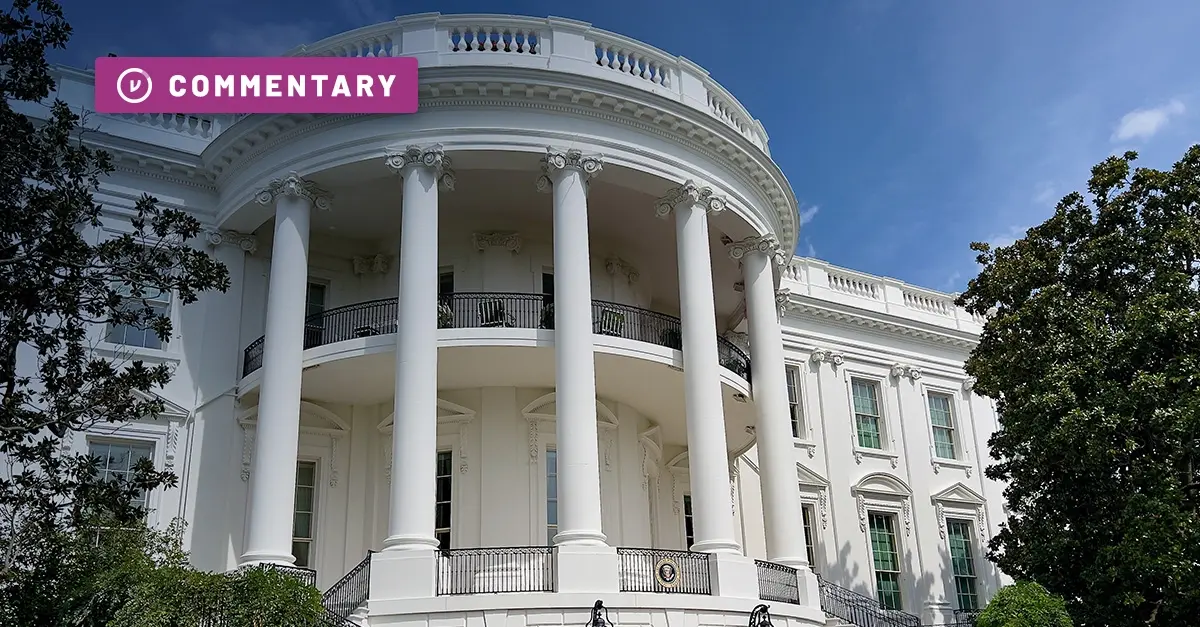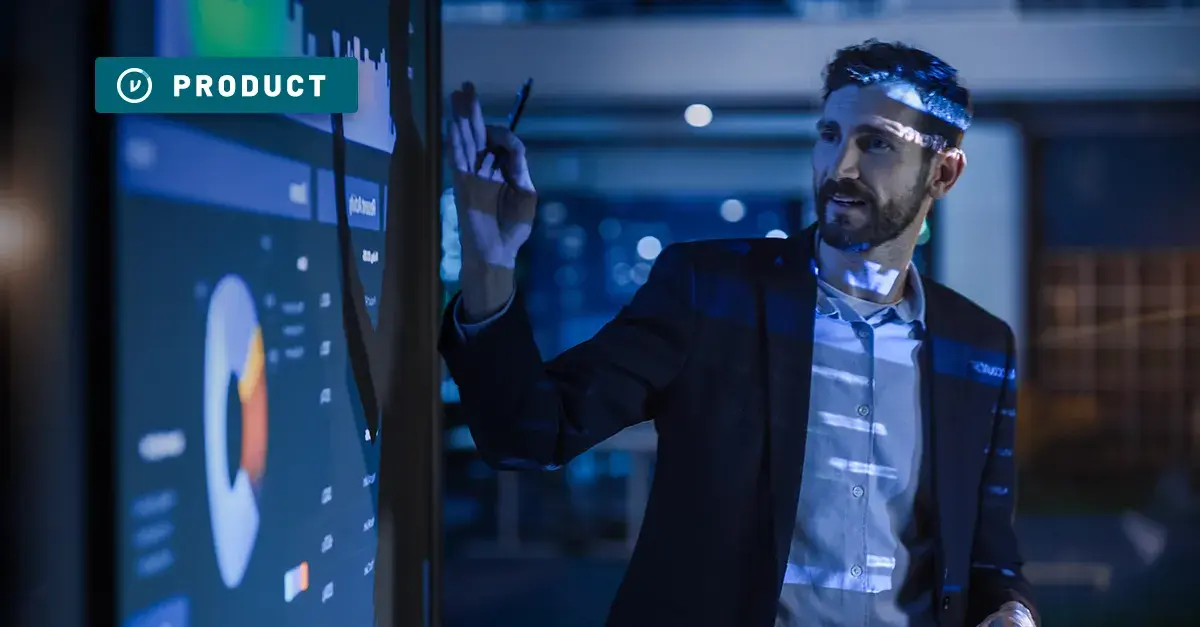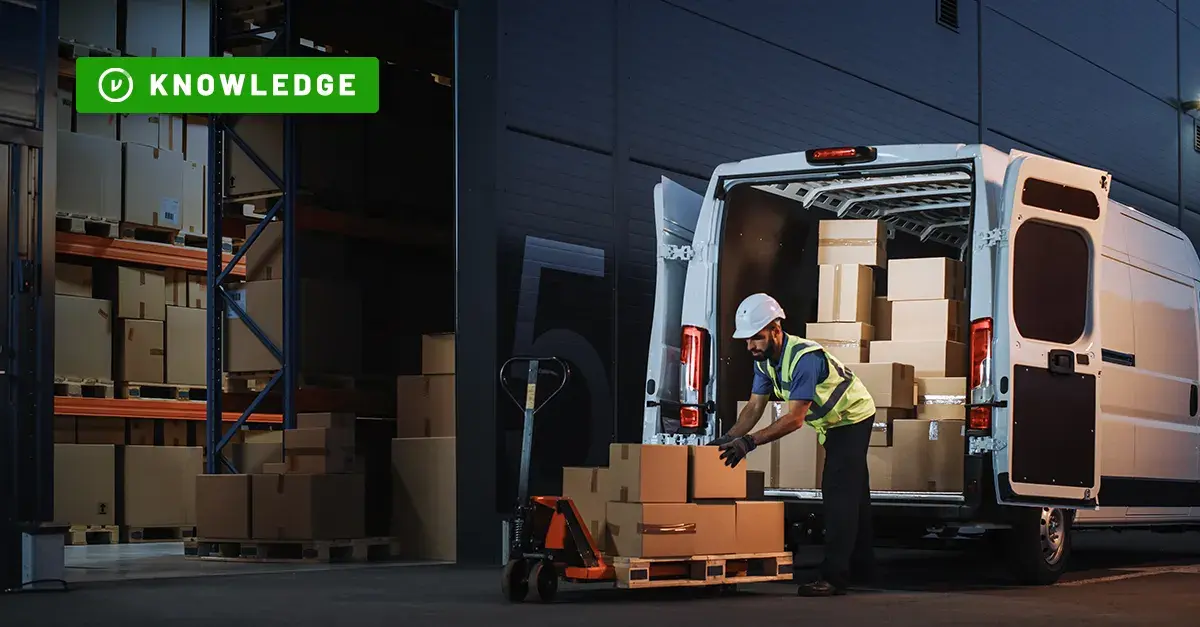Google's Rise in Cloud Security: 3 Perspectives from State Leaders & Risk Experts
TABLE OF CONTENTS
See Virtru In Action


“We've barely begun the journey with Google and the public sector,” said Mike Kulinski, Director of Business Development for Public Sector at SADA. “I've been at this now over a decade, and I think the future is limitless.”
From increasingly positive perceptions of Google’s security chops to the navigation challenges facing governmental entities, two panels broke down the future of the cloud, with perspectives from Google and State leadership.
PANEL 1: Exploring Alternatives for a Safer Cloud Future: A Conversation with Google’s Global Director of Risk & Compliance
Participants: Jeanette Manfra,Global Director, Risk & Compliance, Google Mike Laramie, Associate CTO, Security, SADA Jeremiah Jenkins, Director, Global Public Sector, Onix Moderator: Matt Howard, CMO Virtru
PANEL 2: Strategic Innovation and Collaboration via Google Cloud: A State Perspective
Participants: Stefanos Ghebrehawariat, Former Secretary, Department of IT, State of Maryland Mike Kulinksi, Director of Business Development at SADA John Ackerly, CEO, Virtru Moderator: Carrick Longley, SVP, Global Public Sector, Virtru
Continue reading for our top takeaways from the panels below, or watch the panels on demand.
A Paradigm Shift in Google's Security Identity
From its rep as an "ads company" to its evolution into a dominant cloud security player, Google's transformation is undeniable. The government at federal, state, and local levels are taking Google more seriously - and for good reason.
Demonstrating unwavering focus, Google has championed the "depth approach," reinforcing their dedication to not just the experience of public entities, but every end user’s experience.
“You can solve IT problems and solve all the admin problems. But if you're end users, don't know what they're doing, then you have just created more problems,” said Kulinski
To speak to this end user and IT capability dichotomy, Google has been strengthening its suite for public sector use. The Security Command Center (SCC) serves as a fresh log monitoring capability, ensuring threats are anticipated and mitigated. Through their innovations in Secure and Confidential Compute, Google not only protects but empowers users, safeguarding data even during active processes. By emphasizing client-side confidentiality and partnering with third-party vendors, Google makes a personal pledge, ensuring every individual’s data is protected right from its source. This evolution showcases Google's heartfelt promise to users, positioning it as both a tech leader and a trusted ally in the digital realm.
Whether it's their robust stance against Zero Day attacks, the innovation of security-centric products like Chrome and Android, or their advanced features like SCC and confidential compute, it's clear that Google is not just in the game but often leading it. This shift is particularly noticeable when compared to major competitors like Amazon and Microsoft, indicating a more holistic, forward-thinking infrastructure.
The Complex Web of Government Cloud Adoption
Leading Google’s advancing security capabilities is its unmistakable spirit of collaboration. This shines not just in the user-focused products it produces, but also in the concerted efforts behind the scenes, where security, compliance, and product teams join hands to pinpoint solutions.
Transitioning to the cloud, especially for government agencies, is like navigating a maze with changing walls. Challenges abound, from grappling with data security concerns to managing organizational upheavals. This is something that Stefanos Ghebrehawariat, as the former secretary of Maryland’s Dept. of IT, wants for cloud companies and cybersecurity innovators to recognize before engaging.
“We have to stay focused on the fact that we have severe resources limitations and when we interact with the industry, we are very far behind in terms of our knowledge, experience, and expertise,” he said, describing the difference it makes when companies can help state IT departments convey value of cloud migration and security to state decision makers.
“Here we are sitting in front of 20 CIOs across the state of Maryland and trying to identify what is the common denominator? What is the one thing that everybody in this room cares about?” With the right vendors on his side, Ghebrehawariat was able to identify that and get decision makers on board.
While the benefits of flexibility, speed, and cost savings are clear, the discussions emphasized the essence of change management and the need for cohesive internal communication. This encompasses ensuring that both tech-savvy and less proficient end-users are considered and catered to, making the transition smoother.
Jeanette Manfra, current Global Director of Risk & Compliance at Google has origins in the federal government. She used to deem herself as “anti-cloud,” but changed her tune completely.
“The reason I went to Google is I saw the organization eliminating entire classes of cyber threats,” she explained. “They have the skill, wherewithal, and capabilities to fundamentally change these things for the world. It's incumbent on our industry, which has the capability and scale, to take these things on. We're going to change things, and make it easy for people."
AI & Zero Trust: The Next Frontier
The landscape of security is changing, with concepts like de-perimeterization and the zero-trust model leading the charge. The potent combination of AI and these models heralds a future of heightened defense, especially vital for resource-limited organizations.
“We're just scratching the surface,” said Kulinski. “At SADA, our Gen AI team is five people at the moment but I think that's the biggest area we're gonna grow. At the same time you have to do everything securely, So making sure bad actors aren't in there… I think Google's on the forefront of that.”
Google's trajectory in this realm, especially its utilization of advanced AI for security, suggests a future where defenses are not just more robust but also smarter. The push towards label-based data control, open standards, and collaboration could well revolutionize how we approach security in an increasingly digital world.
The dynamic relationship between Google, partners like SADA, and the public sector highlights a future rich in potential and security. Google’s transformation into a leader in cloud security illustrates a firm commitment to comprehensive safety. The power of this progress, however, is significantly amplified through collaborative efforts and a mutual trust with public sector entities, showcasing that true advancement stems from collaboration, mutual trust, and shared goals.
Want to see the full conversation? Watch both panels on demand here.

Editorial Team
The editorial team consists of Virtru brand experts, content editors, and vetted field authorities. We ensure quality, accuracy, and integrity through robust editorial oversight, review, and optimization of content from trusted sources, including use of generative AI tools.
View more posts by Editorial TeamSee Virtru In Action
Sign Up for the Virtru Newsletter










